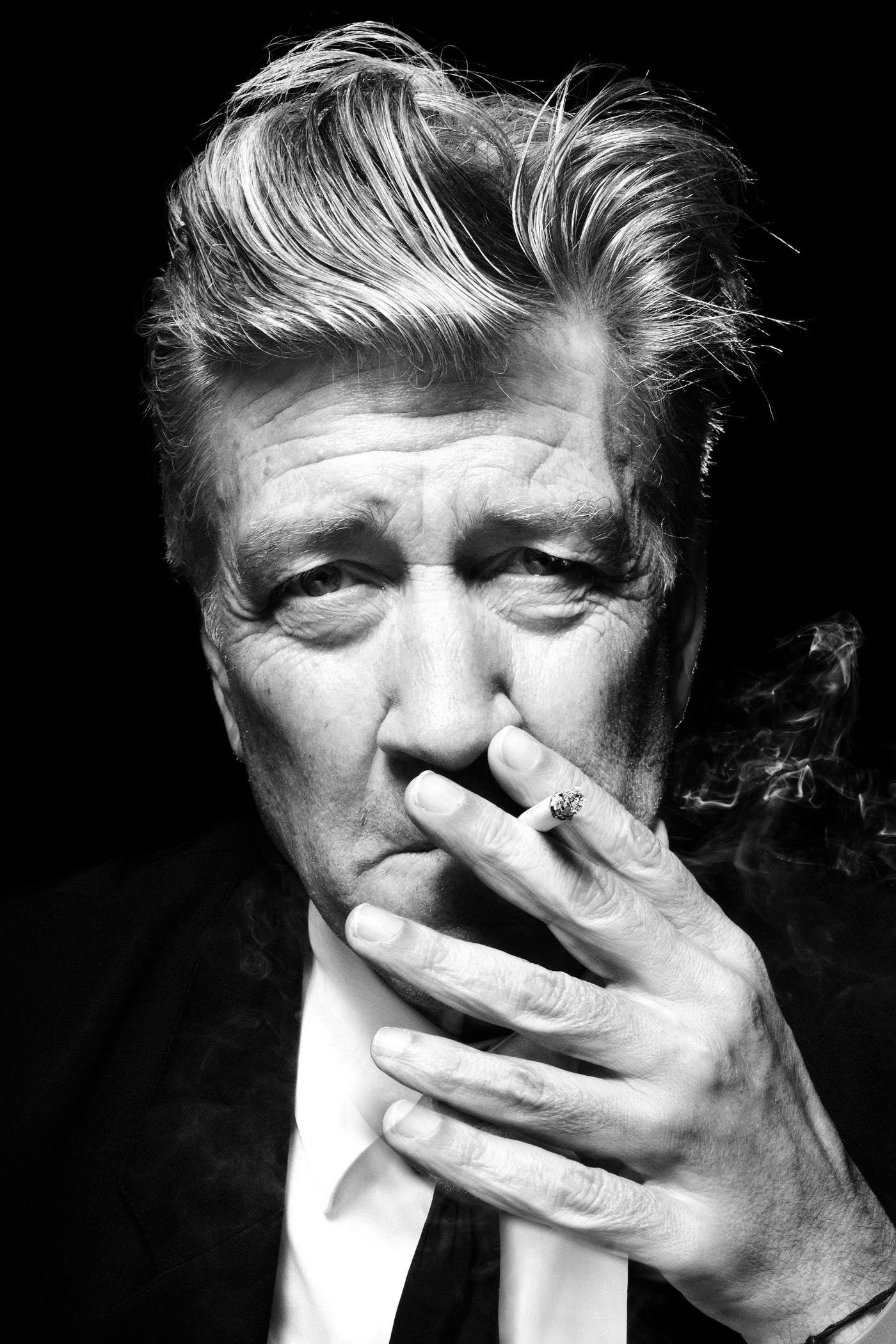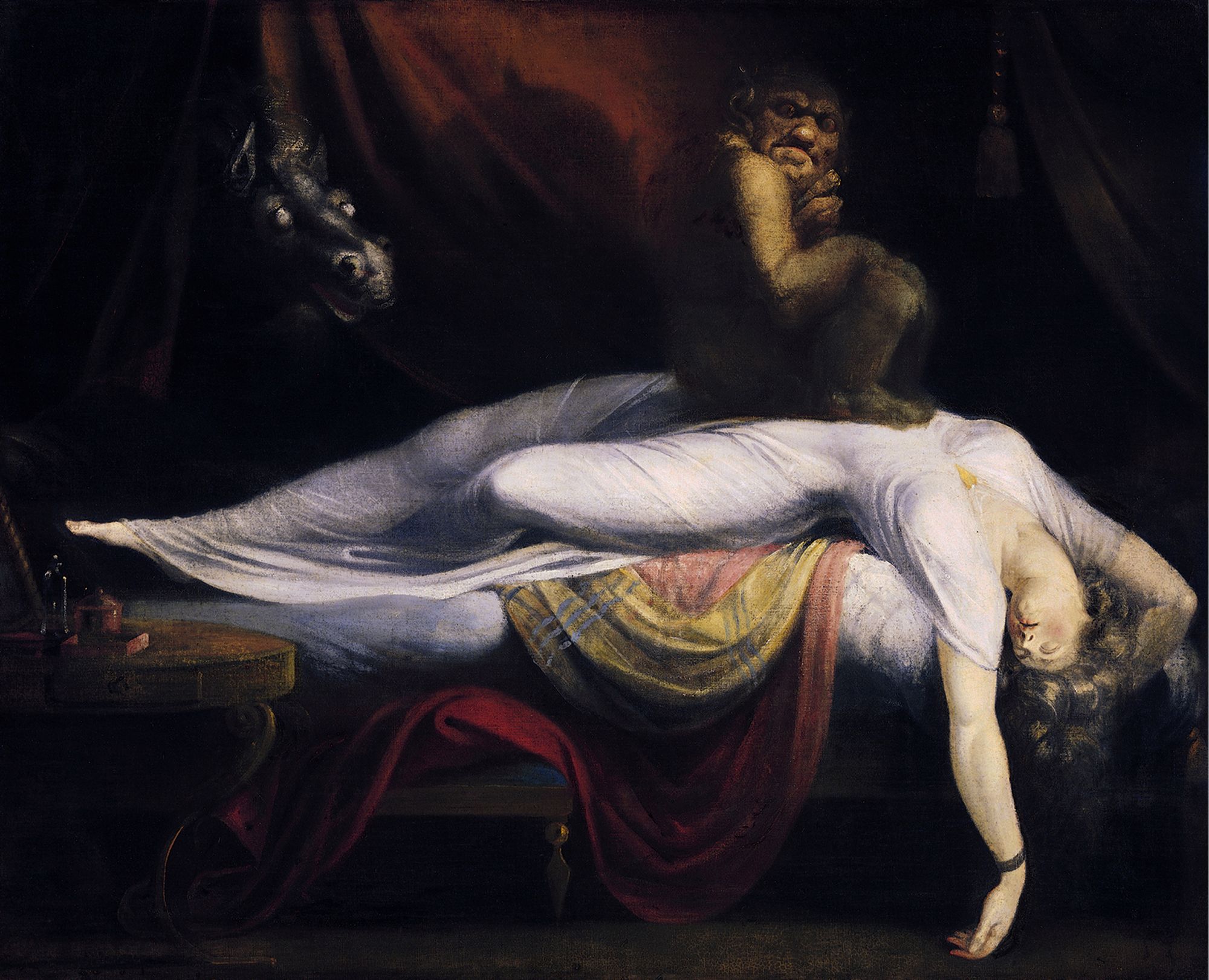Welcome to Afterglow, a newsletter that will change your mind. My name is Charles Bliss and I'm a psychedelic journalist from Norwich, UK.
This week we're plunging into the Unified Field through transcendental meditation with director David Lynch. Get your mantra ready.

As a gift to myself on my 30th birthday, I enrolled in a transcendental meditation course. I headed out to the north Norfolk coast to meet an elderly man at a bungalow in Blakeney where, armed with six white chrysanthemums, two oranges, two bananas and a cotton handkerchief, I participated in a short ceremony before the man gave me a mantra.
Transcendental meditation is not a religion or a belief system. It is simply a technique. You are taught to sit upright, close your eyes and mentally repeat a "sound-vibration-thought". The first time I meditated in that sun-drenched room, my jaw started wobbling uncontrollably. I felt a drastic sense of release.
I am often asked about my transcendental meditation practice — what it means, what it feels like, why I do it and how it has helped me. Each meditation is different, but what follows is a compilation and consolidation of my experience to give you some idea.
It often starts falteringly, as my attention surges with random thoughts and everyday stresses before succumbing to the hypnogogic consciousness we experience on the borderland of sleep, between waking and dreaming. When I realise the mantra has disappeared I gently bring it back to the centre of my awareness.
As you go deeper, cascades of images and colours become more granular in a horizonless, vibrant nothingness. The mantra distorts and disintegrates until it erupts into a kind of mental glossolalia — as if the mind is speaking in tongues, shuddering under cranial pressure. If you're lucky you break through, arriving at a delicious nowhereland in which you are suspended for a time before rising to the surface once more. Then you dive again.

Film-maker David Lynch is an outspoken advocate of transcendental meditation. He has meditated twice each day, every day for almost 50 years.
In his book Catching the Big Fish: Meditation, Consciousness and Creativity (2006), Lynch describes his first experience with transcendental meditation:
I sat down, closed my eyes, started this mantra and it was as if I were in an elevator and the cable had been cut. Boom! I fell into bliss — pure bliss.
Lynch uses the analogy of plummeting down the vertical shaft of a skyscraper:
You are the Empire State Building. You’ve got hundreds of rooms. And in those rooms, there’s a lot of junk. And you put all that junk there. Now you take this elevator, which is going to be the dive within. And you go down below the building; you go to the Unified Field beneath the building — pure consciousness. And it’s like electric gold. You experience that. And that electric gold activates these little cleaning robots. They start going, and they start cleaning the rooms. They put in gold where the dirt and junk and garbage were.

Acknowledging our innate need to explore the diverse phenomenological spectrum available to our senses — which is perhaps the reason why so many people engage in the psychedelic experience — Lynch writes:
We all want expanded consciousness and bliss. It's a natural, human desire.
There are many methods human beings exploit to achieve this: meditation, sensory deprivation, fasting, music, dance, chanting, breathwork, sexual intercourse, hypnosis, exercise, sleep deprivation, lucid dreaming, bodily mortification, asceticism, plants with psychoactive properties, synthetic chemicals and more.
But Lynch does not take drugs like psychedelics to access a higher state of mind.
I went to art school in the 1960s, so you can imagine what was going on. Yet my friends were the ones who said, "No, no, no, David, don't you take those drugs."
Lynch argues that altered states of consciousness are available naturally, which can help us nurture and enliven the strength, clarity and energy already present in ourselves.
And the word he uses to describe this just so happens to be my surname:
Bliss is like a flak jacket. It’s a protecting thing. If you have enough bliss, it’s invincibility.

Research shows that psychedelics like LSD, DMT, psilocybin and mescaline can offer access to planes of reality which catalyse profound emotional realisations that result in mental health benefits.
But the psychedelic experience is often intense, impossible to articulate, exhausting and even traumatising for those who are not prepared and for those who have not integrated the psychological material that arises.
It is not recommended as a regular habit. It is a holiday — not the nine to five.
For me, transcendental meditation has proven useful as a daily technique for positive psychosynthesis, which is to say that I feel like it helps me stay in contact with my authentic self. As Lynch says:
The thing with meditation is: you become more and more you.
And when you begin to experience the goodness in yourself, you begin to see the goodness of others, too. You might even start to savour the darkly surreal, apocalyptic world swirling around you.
Maybe that's how he manages to radiate such childlike wonder even though his creative output is so weird.
Charles Bliss
🤯 Mind at Large
A breakdown of mind-blowing ideas I encountered this week:
🎬 Video – RFE/RL Interview with David Lynch. By far the best interview with Lynch I've seen (and I have watched plenty). Lynch even tells Georgian journalist Salome Asatiani: "You are very, very good. I must say."
🎨 Art – The Nightmare (1781) by Henry Fuseli. I like to think the red velvet curtains in this horrifying 18th century oil painting come from the same conceptual universe as the Black Lodge in Twin Peaks.

📖 Book – The Joyous Cosmology (1962) by Alan Watts. I'm reading this for the next book club meeting with Norwich Psychedelic Group — and so far it is a delight.
"We’re like lightbulbs. If bliss starts growing inside you, it’s like a light; it affects the environment."
David Lynch
🫠 Enjoying this newsletter?
Forward to a friend and let them know where they can subscribe.
